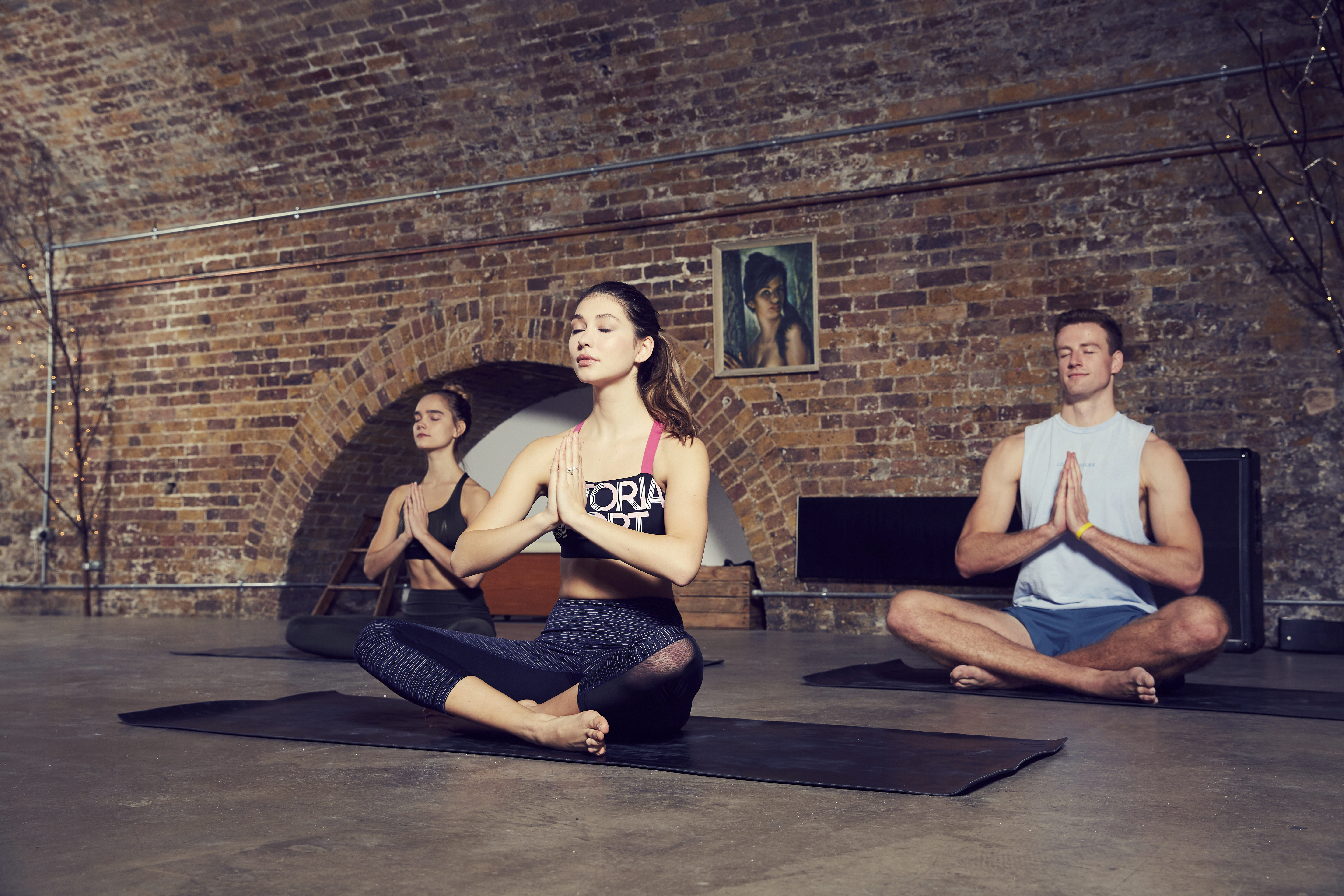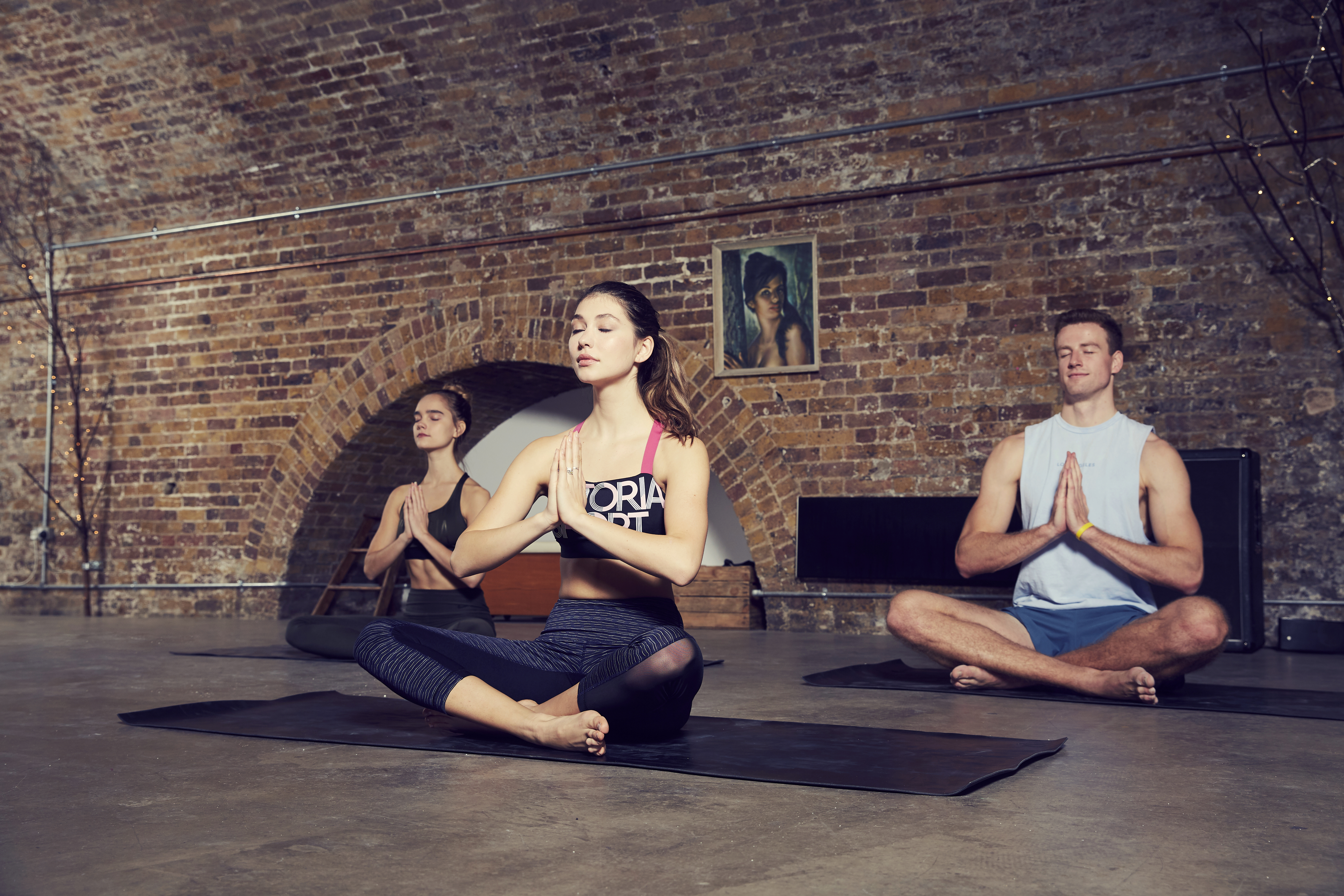A mantra is simply a word, sound or statement that you repeat to yourself over and over again, silently or out loud.
Through this repetition, you are helping your mind fixate on one object – your mantra – and this one-pointedness of the mind is necessary to accomplish the state of focused concentration required for meditation.
In the absence of a mantra, the breath is typically the focal point of concentration for meditation, but this is a challenging start. You are more likely to lose track of your breath than you are of a deliberate sound.
You are more likely to lose track of your breath than you are of a deliberate sound.
One-pointedness as a practice: mantra, gaze, breath
The idea of ekāgratā (one-pointedness / fixation on one object) appears many times in the system of Yoga due to its effectiveness.
The physical postures in Yoga help us access ekāgratā through the use of a gaze point (drishti). This takes repeated effort to stick to; start to notice how much you dart your eyes around. And then notice how still your mind becomes once you fix them (and what happens to your balance). You can try this now, wherever you are.
The point of one-pointedness; bliss through mantra
In Patañjali’s Yoga system, the state of focused concentration (dhāraṇā) is an accomplishment – it takes practice!
3/1. Deśabandhaścittasya dhāraṇā – Dhāraṇā is the binding of the mind to one place, object or idea.
Crucially, the point of it is to prepare the mind for meditation – the culmination of concentration. So you are preparing for the blissful state.
I hope I have convinced you to use one. Even and especially if its religious connotation has so far put you off.
No God(s)
Although they are practiced in almost every religion, often the repetition of a God’s name, mantras don’t have to be used religiously at all.
Wherever you are, your mantra is with you. Ideally it is kept secret. I quite liked the below description of a mantra:
“You don’t even reveal it to others, lest you lose the reverence for it. By repeating it constantly, a part of the mind gets linked to that. It is like going down into a tunnel with a life-rope tied around the waist and one end of the rope fixed to a peg outside the tunnel. Whenever there is any danger, you can just shake the rope and get pulled out…Do not bother about the meaning in the beginning. Let the repetition become a constant habit. When it becomes a firm habit, then you can think, “What am I repeating?” Then you will be able to think of the meaning without forgetting the repetition itself because it has become a habit already. Most things happen by habit in our lives. Twelve o’clock means lunch; six o’clock, dinner. Just by the clock, things have become habits…”
You can read more of Hannah’s articles on Yoga, philosophy and wellness at hannahmaria.blog. Follow Hannah on Instagram.



